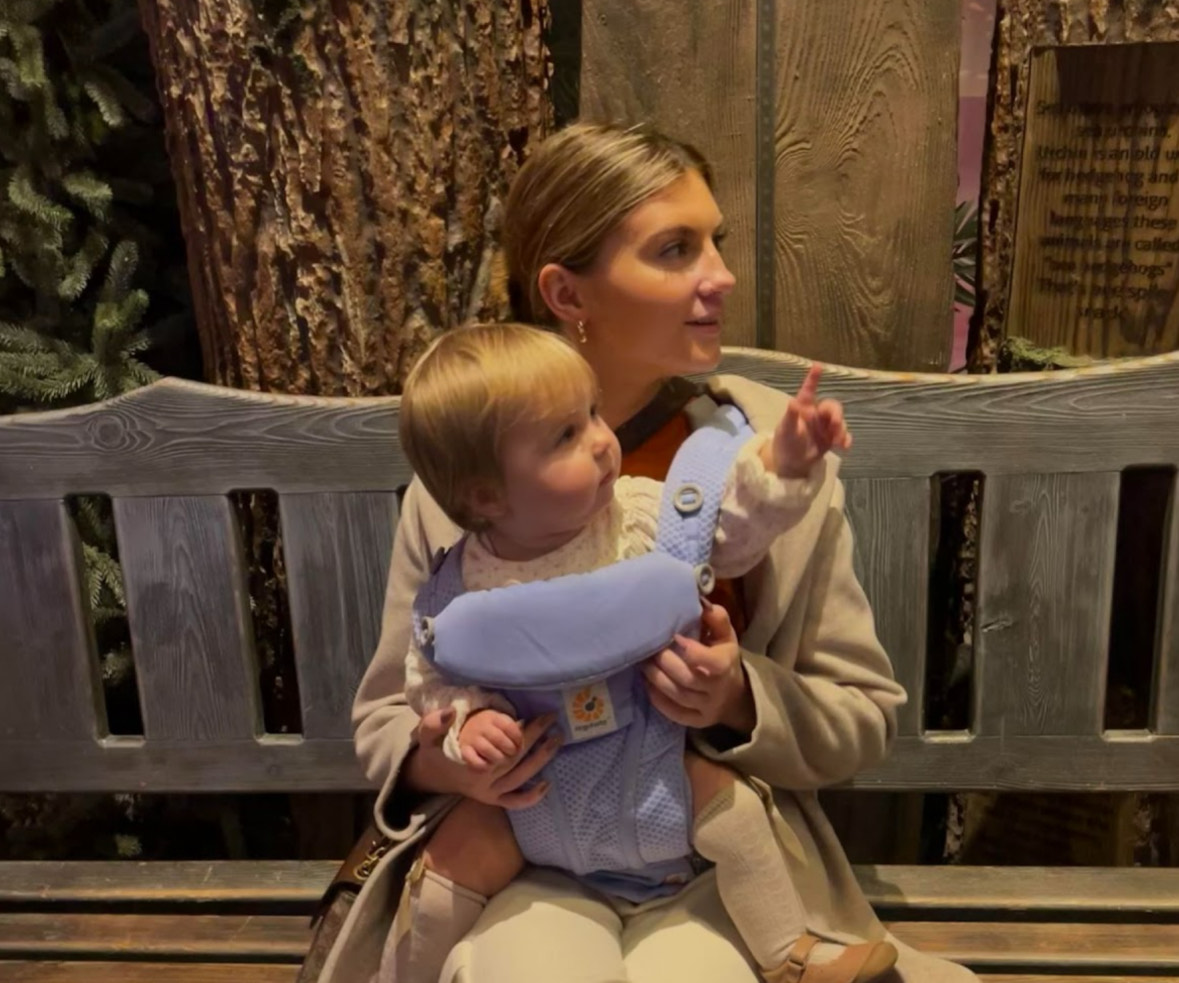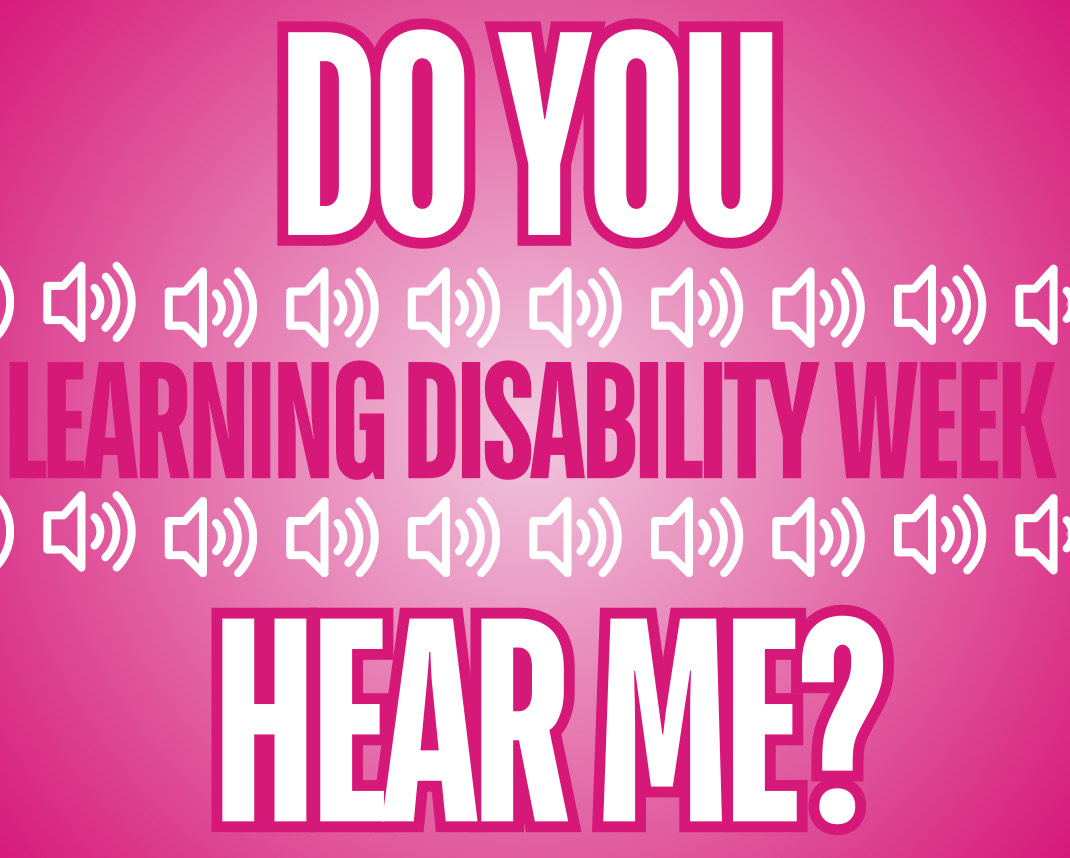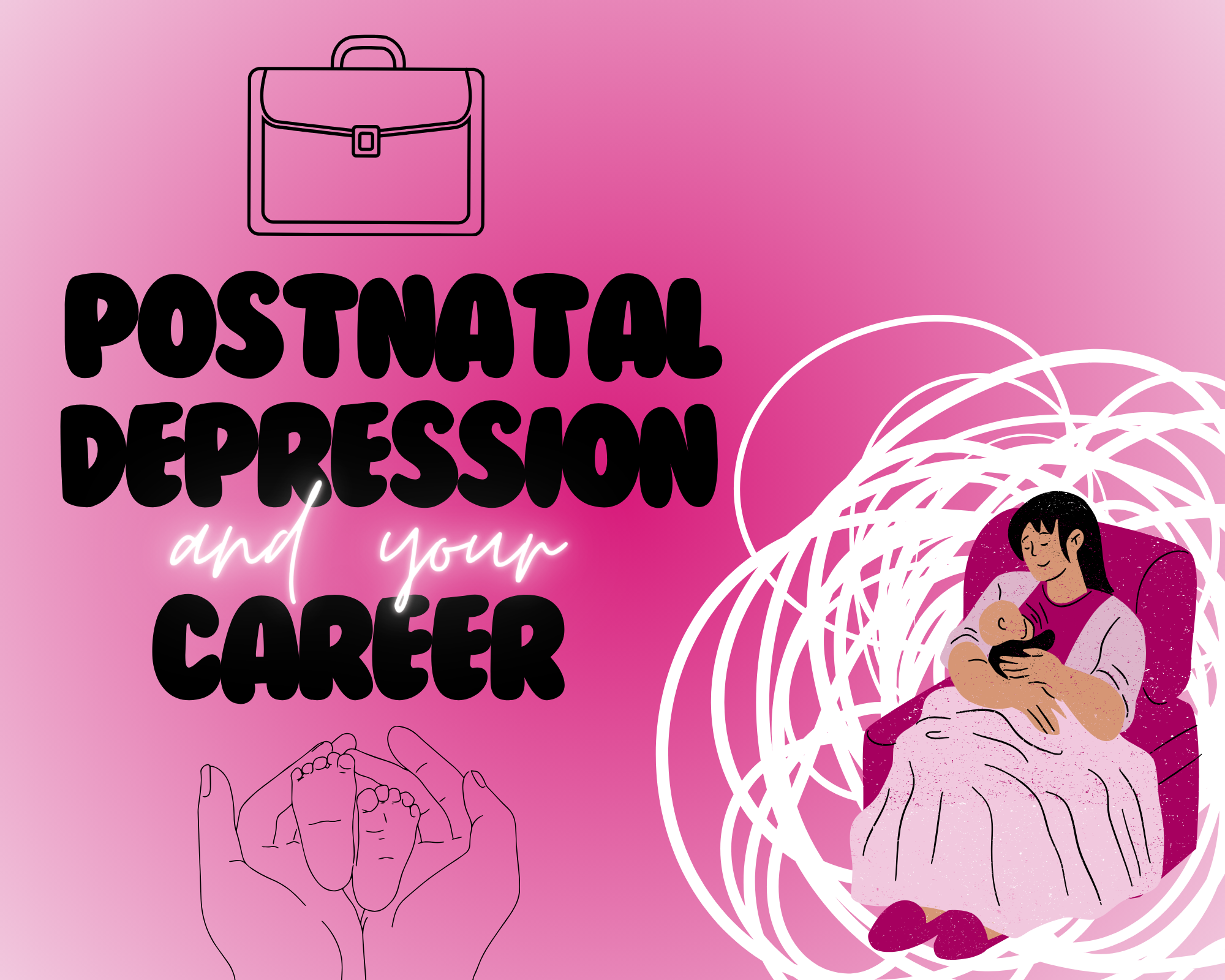Integrating work and education with parenthood is hard no matter your age, but what happens if you have children earlier than most? Young mothers are breaking barriers everyday and changing the narrative of how a woman’s life should pan out. The old fashioned stereotype that a woman must build her career up, get married, have children and stay at home to care for them is outdated. Nowadays, women no longer need to give up on their goals after having a child.
For young mother Molly McCartney, taking care of her 14 month old daughter, balancing her own cake business, working a part time job and studying for her degree is the norm. As a single parent, her days are dedicated to looking after her daughter Mabel and studying for her Psychology with Counselling degree at the Open University. If she’s not working on her studies, Molly will start on the admin for her cake business, ‘The Little Bakery’ where she works 3 days a week baking and decorating beautiful cakes for all types of celebrations, all after she works part time in the evening at Tesco.
“I have to be extremely organised and strict with my schedule to be able to fit everything in the day and make sure I’m taking care of Mabel the best I can,” Molly shares. “It’s a lot to juggle for sure.”
Laura ODriscoll, the founder and managing director of The Outsourced Recruitment Company shared her opinions on how parenthood can help develop one’s emotional intelligence and the ability to juggle different responsibilities.
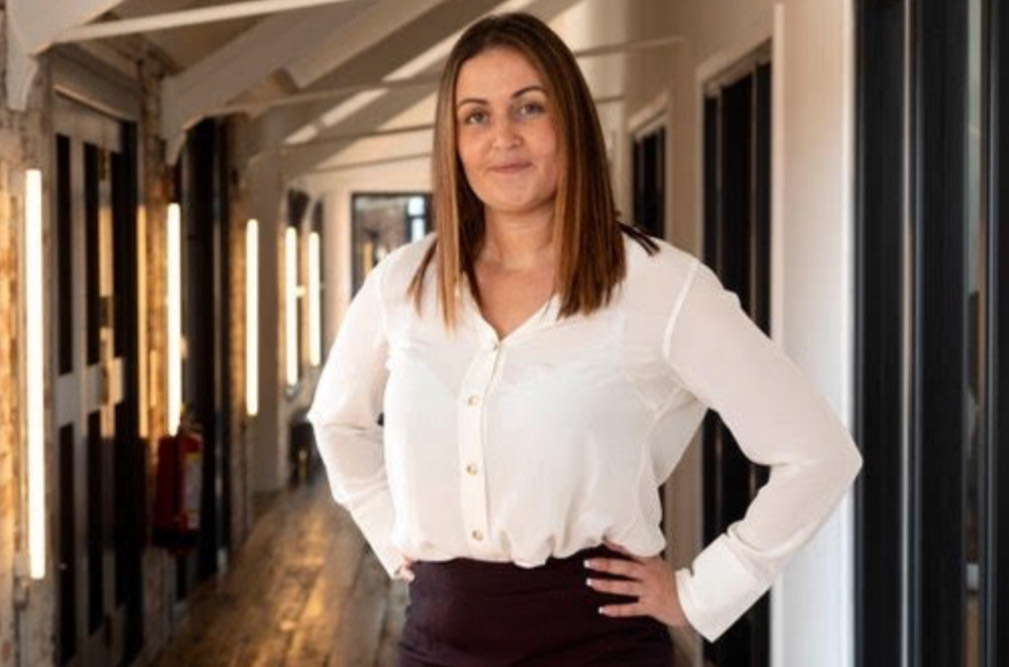
“I think what parenthood brings in terms of transferable skill sets, to the workplace, is the ability to make quick decisions, be resourceful, good at budgeting and develop time management skills,” she explains.
Research from working women’s rights charity the Fawcett Society found that less than a third (31%) of working mothers have access to the flexible working arrangements needed to balance motherhood and a career. The dilemma of working to financially support your child and
raising them at the same time is a struggle for many mothers.
As a young mother who had her son at 19 years old, Laura says, “We need to continue to be mindful of providing working hours that are suitable for people with children. Otherwise you’re missing out on a huge proportion of the workforce that are hard workers and have the skills to do the job.”
A report from the Office for National Statistics found that in 2021, over half (54.3%) of mothers aged 16 to 24 were in employment. However, for some mothers who have children young, a career is not something they want to get into straight away. For Louisa McIntosh, a young single mother from London, she decided to go back to university after the birth of her two year old daughter Kaia. In the midst of the pandemic in 2020, Louisa received her Bachelors in Biology from Nottingham Trent University and straight after took a job in a covid test lab.
“I’ve always had a passion for science ever since I first watched ‘One Born Every Minute’. Even though I never became a midwife, my interest in science continued throughout my education and was always something I wanted to pursue a career in,” expressed Louisa.
After the birth of Kaia, Louisa took on a new job as science technician due to the flexible working hours, but soon felt unsatisfied within her position. She looked into her options for further education and found that she could undergo a Bio Infograpics Masters, part time at the University of West London.
Louisa explained, “Having a child gave me this motivation to do better and go for my dreams, and strive for that high paying job to support my family.”
For many mothers, they don’t have the support, whether that is financial or physical, to not work after having a child.
For Molly, she only took a week and a half off work before she gave birth in November 2022. Shortly after her birth, she decided to continue her online studies for her degree whilst also working from home.
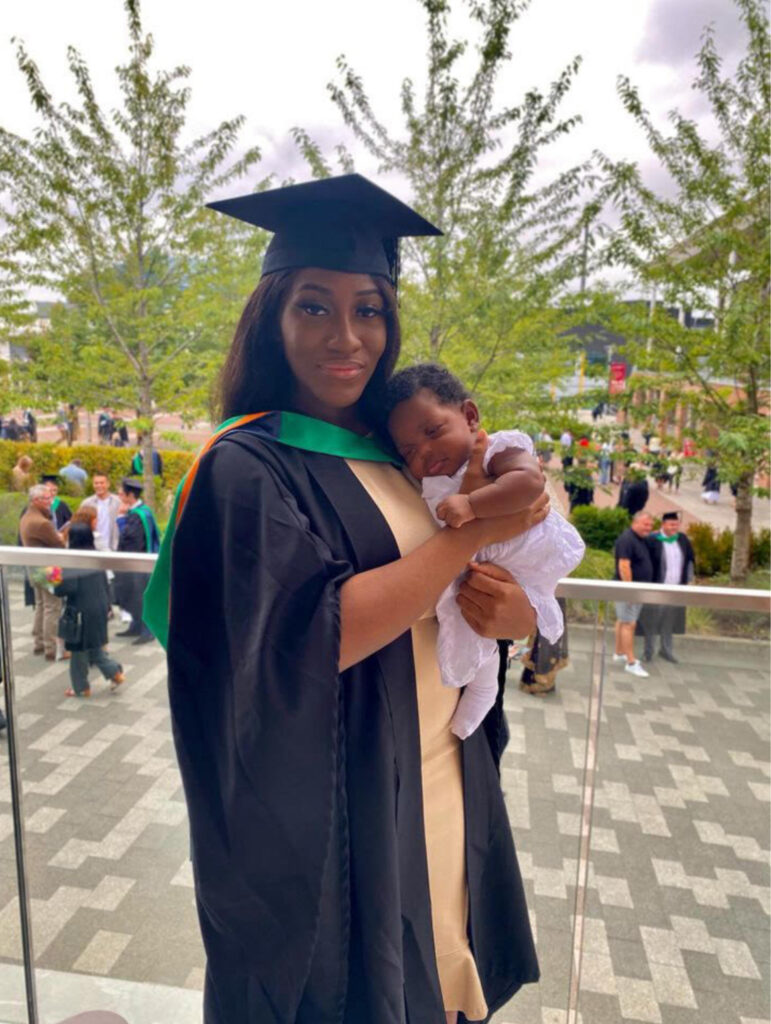
“I started doing university part time in the September of 2022, just before Mabel was born and I was able to continue that after her birth as she was a very easy newborn.
“I was lucky enough to already be employed when I had Mabel, so I was eligible for maternity pay but I know a lot of mothers who struggled to find work after having a kid,” explains Molly.

For many women, the average maternity leave is around 52 weeks and, according to Gov.uk, statutory maternity pay (SMP) is paid for up to 39 weeks. Despite the financial support for mothers with their maternity pay, many still struggle to find work or readjust when returning to their existing job after having a child. Further research from the Fawcett Society found that 85% of working mothers struggle to find a job that can accommodate their childcare needs.
Laura ODriscoll offered her expertise on how to find companies that support you and your responsibilities as a parent, ranging from health care benefits to flexible working hours.
“I think you have to be really careful about the employer you choose to work for and finding a company that understands family life. There’s social clues that show what a company is like. Is there a high turnover of staff? Why not ask your interviewer about the parental policies and why they like to work there?
“Set out your expectations and what is important to you early on, so you find a job that can support you,” shared Laura.
Despite the rise in companies supporting parental needs, there is still a vicious cycle within parenthood. By working, many parents have to put their child in child care but due to the increasing costs they have to work longer hours to even be able to afford it. UK childcare costs are already among the most expensive in the world, with full-time fees for a child under two averaging at just under £14,000 annually. However, there are schemes in place to help support parents and Molly tells us her experiences with child support.
“Once Mabel is 2 years old, she is eligible for 15 hours of free childcare a week and there’s universal credit and that’s until their 3. Working half my week from home really helps as well and I have young mom friends who have even started their own businesses, which offer more flexible hours.
“There are options out there for young moms to work and support their child and knowing what you’re entitled to is really important,” explains Molly.
There are many amazing charities and companies all across the UK that help mothers get into the workplace such as recruitment agencies, support groups and online returning to work schemes.
Investing in women is a recruitment and career coaching consultancy that helps women find their dream part time, flexible or remote job. Elizabeth Willetts, founder and director, explains the company’s ethos, “Women shouldn’t have to exchange their hard work and well earned careers for something lower paid and skilled, in hopes of part time work. Mothers deserve more and workplaces need to adapt to their needs.”
For mothers attending university, like Louisa, they are eligible for the Parent’s Learning allowance, which offers additional financial help and does not have to be paid back. Despite student finance support, Louisa still works four days a week whilst attending university one day a week, to be able to afford her house and to support Kaia. Despite her struggles with managing a degree and motherhood, Louisa has no regrets.
“I would definitely say go for a part time degree. Don’t let anybody tell you that now’s not the right time. In life there’s never really a right time for anything and just because you had a child doesn’t mean you can’t do anything for yourself again. If anything I found having Kaia was my biggest motivator for doing my Masters,” Louisa explains.
Louisa believes that motherhood should not stop you from pursuing your education dreams and personal passions. Recently she proudly represented her Grenadian heritage at the Miss Caribbean UK beauty pageant. Additionally, she has also started her own support group, ‘Inspire Mothers Network’, that unites young mothers and offers a safe space to share experiences and gain advice.
“It’s important to have passions as it gives you a sense of purpose. For me, when I gave birth I felt like I lost my identity and so doing something I enjoyed was a form of self care,” says Louisa.
A woman’s ambitions and goals don’t stop once they become a mother and these women are an example that building a career around motherhood is possible.
Want to hear about more working mothers building a future for themselves and their children- Young Mum University: Meet The Graduates – Werk (werkmagazine.co.uk)

